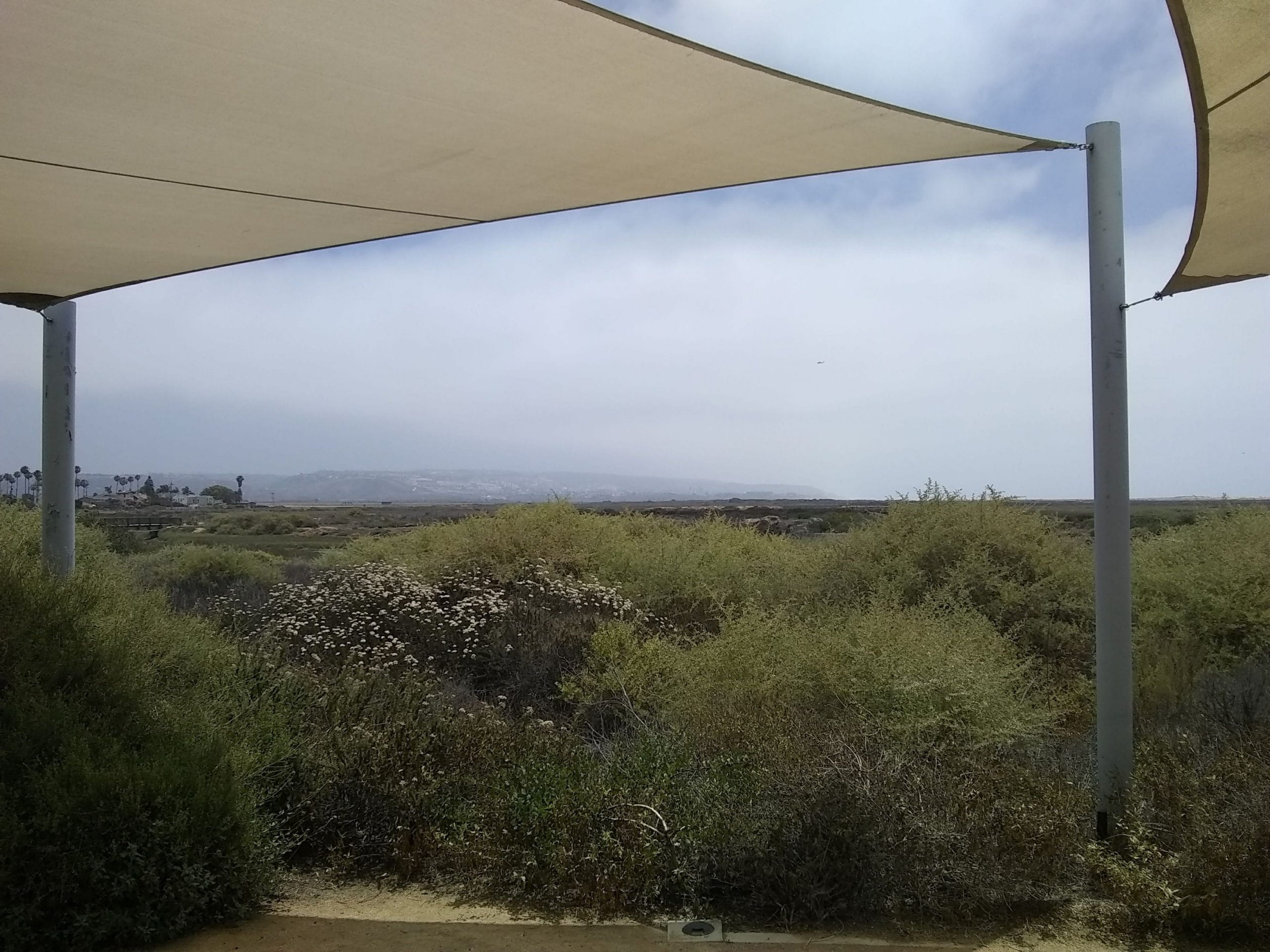Global Service Scholar: Erika Pfeiffer
Country: Ghana
Though I came into Ghana with an open mind and without too many preconceived notions, I definitely underestimated the lack of clean water and availability of certain hygienic items at my site. I was also surprised to see the large amounts of development in the area; I was expecting to see mostly huts and shanty shacks in a desert climate.
 The biggest challenge for me has been getting acclimated to living like a Ghanaian and experiencing their daily way of life firsthand. I didn’t come here primarily for tourism, so many of the luxuries offered in a nice villa or hotel are not available to me. I can’t simply escape to my 5-star, air-conditioned room with Netflix and Wi-Fi at the end of the day after trudging through various touristy sites — I am here to learn about the culture and social issues, and to serve the community. I think a big part of truly experiencing a culture and country is to immerse yourself in their way of life, which here in Ghana is a far cry from my familiar Western way of life. I think it’s an understatement to say that there is an adjustment period when entering a developing country. Depending on a person’s prior experiences, an individual’s mental grit and resilience gets tested as they try to adjust to new customs, time zones, and culture.
The biggest challenge for me has been getting acclimated to living like a Ghanaian and experiencing their daily way of life firsthand. I didn’t come here primarily for tourism, so many of the luxuries offered in a nice villa or hotel are not available to me. I can’t simply escape to my 5-star, air-conditioned room with Netflix and Wi-Fi at the end of the day after trudging through various touristy sites — I am here to learn about the culture and social issues, and to serve the community. I think a big part of truly experiencing a culture and country is to immerse yourself in their way of life, which here in Ghana is a far cry from my familiar Western way of life. I think it’s an understatement to say that there is an adjustment period when entering a developing country. Depending on a person’s prior experiences, an individual’s mental grit and resilience gets tested as they try to adjust to new customs, time zones, and culture.
I’ve literally been taken out of my comfort zone almost every day – whether from the hot, humid weather, the mosquito bites, the vigilance required over the food and water I consume, or the need to use the Ghanaian public transportation minivan services called “tro tros” every day to and from work. Personally, even back in the U.S., I don’t like taking public transportation and prefer to drive my own car, so having no choice but to take the tro tros everyday (since it’s much cheaper than other options in Ghana) has been nothing short of a dreaded hassle.
What should only be a 10 minute drive to and from my host house to my service site takes almost an hour each way. To explain in further detail: tro tros are shanty minivans that have a person called a “mate” who yells out the name of the station/destination, collects the money for the trip and shovels as many people into the van as possible — past capacity. There are no seat belts or air conditioning, and very few road signs and speed limits on the road (or formal road rules from what I can tell). Sometimes the mate will even hold the sliding door of the minivan halfway open while driving. To someone who is used to the Western way of driving and Western road protocol, this serves as some sort of a nightmare at first sight. Navigating through the city with tro tros is pretty ambiguous and confusing at first due to lack of street signs and the unmarked minivans – it takes trial and error to finally grasp the system. But the tro tros still have the potential to create a little fear in an individual who is used to the Western way of transportation.
In my service location, the Universal Wonderful Street Academy, I’ve been experiencing a bit of a challenge with the cultural and language barrier; sometimes I have a hard time understanding what someone is saying because of their heavy accent, and vice versa. It can cause a little frustration because each party sometimes has to repeat themselves multiples times, or try to re-phrase the sentence in a simpler, more comprehensible way.
Another challenge at the service site is the lack of structure and the minimal teaching materials located throughout the school. It’s apparent that they lack funding and they supply only the most basic teaching materials at this academy. Books, writing utensils, notebooks, whiteboards, and dry erase markers are minimal, and the setup is very rudimentary. However, they make it work very well with what they have, and the kids are well-behaved and a pleasure to work with.

